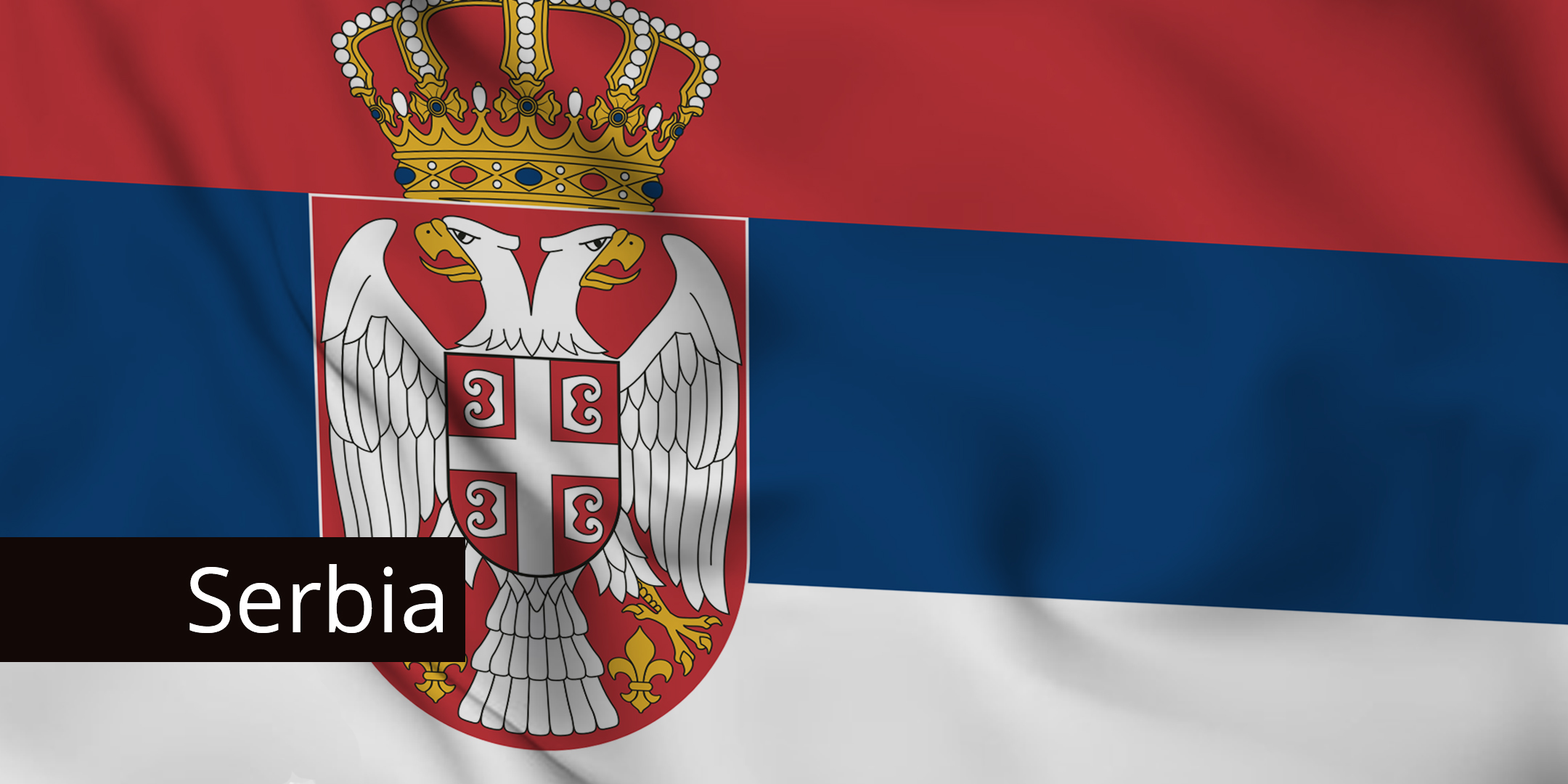
Building Capacity for Organic Waste Management in the Republic of Serbia
In November 2018 the Climate and Clean Air Coalition (CCAC) Municipal Solid Waste Initiative (Waste Initiative) organized a study tour of organic waste treatment facilities in Northern Italy for a group of municipal representatives from the Republic of Serbia. The study tour was designed to help raise awareness of best practices for organic waste management that could be applied in Serbian municipalities, and assist them in developing strategies for adopting those practices. This exchange builds on ongoing technical assistance and project development support provided by several international partners, including the Serbian Solid Waste Association (SeSWA), the U.S. Environmental Protection Agency (EPA), German Federal Enterprise for International Cooperation (GIZ), and THINK Cities.
Background
Study Tour Objectives
- Facilitate capacity building and exchange of information on best practices from successful organic waste diversion projects relevant to Serbian municipalities
- Demonstrate examples of:
- Organic waste collection schemes (e.g., curbside collection, “bring” schemes, and home composting)
- Organic waste treatment options (e.g., small and large composting facilities, anaerobic digesters)
- Business models (e.g., public vs. private operators)
- Support Serbian cities in beginning to develop strategies for adopting best practices in their own jurisdictions
The Waste Initiative has been supporting efforts to improve solid waste management and reduce emissions of short-lived climate pollutants (SLCPs) in Serbia since 2015. Through SeSWA, the Waste Initiative’s regional implementer, the initiative has conducted workshops on developing action plans to address SLCP emissions and accessing financing for projects. SeSWA has also provided capacity building support to a handful of cities, assisting them in collecting solid waste data, identifying priorities for improving solid waste management, and building relationships with potential funders.
At the same time, EPA and GIZ have been assisting the municipality of Novi Sad and the surrounding South Backa Waste Management Region (SBWMR) in assessing the potential for a small-scale composting project. EPA, with assistance from Altereko, conducted a pre-feasibility study for the project using the Waste Initiative’s OrganEcs tool (see the text box) in 2018. Based on that assessment, GIZ is providing technical and financial assistance for the design and construction of a project in the town of Vrbas, under its Climate Sensitive Waste Management (DKTI) program. The project is expected to be constructed in 2019.
OrganEcs Tool
Study Tour Details
 Group photo in Castiglione
Group photo in CastiglioneThe study tour focused on four Italian cities with varying populations and differing waste management systems. It included technical visits focused on biowaste collection options and compost treatment systems. Participants also had the opportunity to interact with Italian municipal officials in charge of overseeing waste operations.
- In Verona, the group visited a waste collection point, and observed the city’s organic waste “bring scheme” and dry material recycling collection system.
- In Parma, the group met with the municipal Department of Environmental Services to discuss details of the city’s waste management system. The group also met with the city’s waste collection coordinator to view organic waste collection.
- In Castiglione delle Stiviere, the group viewed the collection of non-differentiated waste and biowaste in the town’s residential neighborhoods. The group also met with the technical director of BioCiclo, one of the city’s waste management system operators. Participants toured a 45,000 tons/year large-scale composting facility that treats biowaste for the entire region. Castiglione, given its medium size and more limited resources, is most representative of towns in Serbia.
- The final tour city was Bolzano, which is implementing a biowaste door-to-door collection scheme. Tour participants shadowed a biowaste collection crew and met with city waste management officials to learn more about Bolzano’s biowaste collection and treatment systems. To conclude the tour, participants visited a 2,000 ton/year small-scale composting facility. Bolzano exemplifies how small communities without a centralized waste system can utilize a network of small composting facilities, a low-tech option that could apply to small Serbian municipalities.
| Tour Summary | |
|---|---|
Verona
|
Parma
|
Castiglione delle Stiviere
|
Bolzano
|
Next Steps
SeSWA, EPA, GIZ, and THINKCities will continue to coordinate capacity building activities in support of organic waste diversion projects in Serbia. Future activities may be coordinated through a proposed joint “Center of Excellence” based in the city of Novi Sad.
Download The PDF